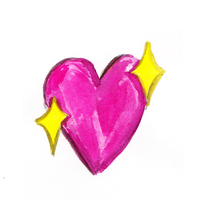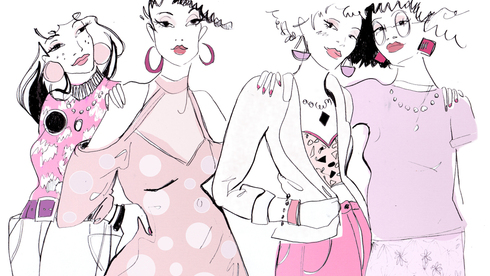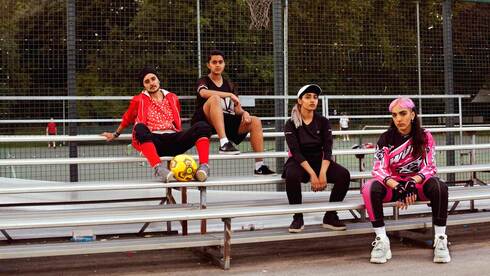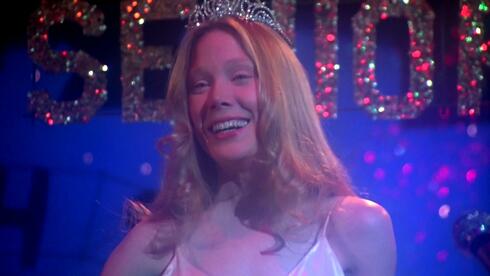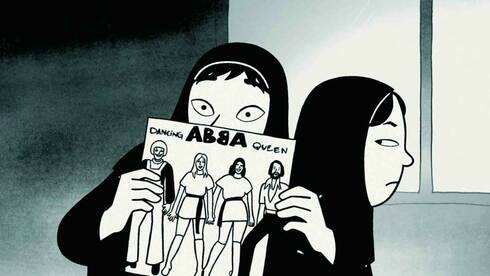Where’s My American Pie? coming of age on screen
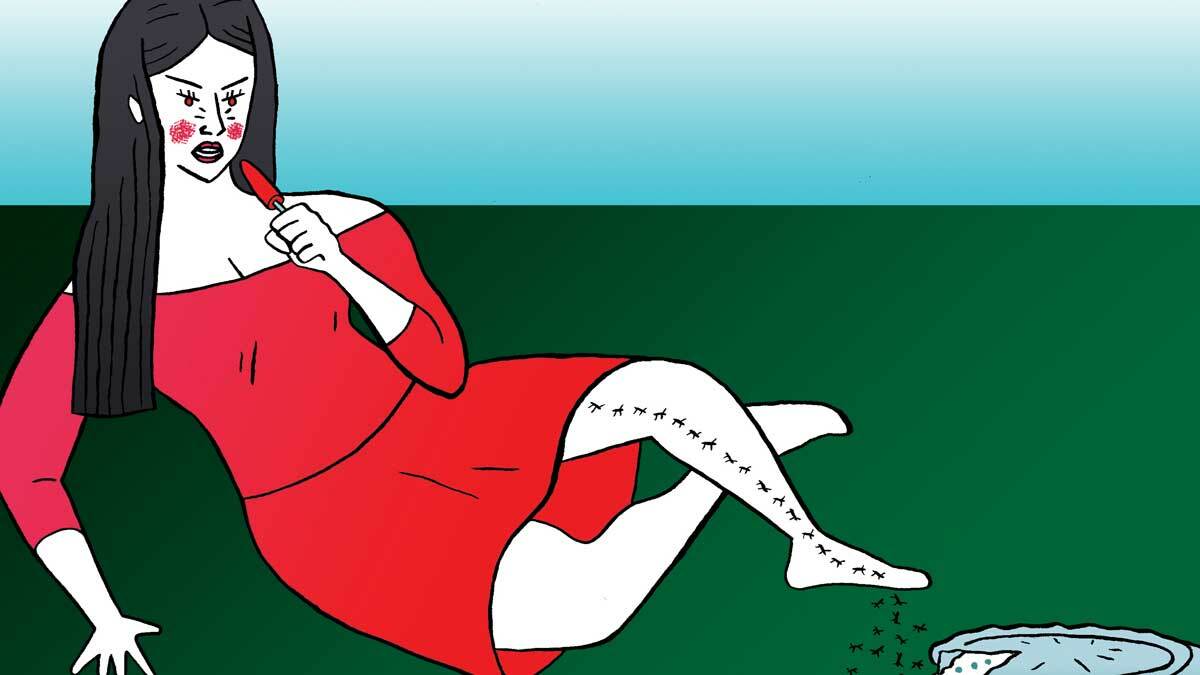
There is an aspect of our adolescence that is ignored by our parents and over exaggerated by the film industry – of older boys and younger girls (note, I said boys). When you’re fifteen, the guys you hang out with are eighteen. And it’s great: they buy you fags and take your virginity and drive you to get drunk underage in Tesco’s car park. It’s a fact of growing up as a girl; getting fingered behind a bridge whilst your best friend tries a bong for the first time barely fifteen feet away.
Encouraged by our barely older boyfriends, we trip through teenagehood and never think to analyse the issues in that three year age gap. “Girls mature faster than boys,” your mam says and suddenly, you have permission. You’re on the pill and you’ve realised those guys are gross and you feel cool enough to talk to boys who were in your class all along. This is not in defence of the almost predatory nature of the high school dating scene, it is a reflection.
We laugh at American Pie but the jokes weren’t written for us – whilst boys across the country are wondering what fingering feels like, we’re already knuckle deep inside ourselves wondering why it’s called a blow job when you suck.
When mainstream films are made about the teenage female libido, the three year age gap is stretched for a lazy attempt at dramatic effect. Five years: the university guy and the high school girl. Longer than that: the paedophile and the high school girl. Except he’s never shown as a paedophile, he’s a sad loser played by a hot Hollywood actor that means you’re meant to kind of sympathise. Apparently, if the predator is pretty, then the consent of the fifteen year old girl counts.
There are many films that tackle the girl coming of age genre but the ones that immediately come to mind, the ones that gained much critical and commercial success, are the films that play into the Lolita trope. So An Education might not have a plot without the older man - so market An Education as about the sexual perversions of an older man rather than the sexual realisations of a teenage girl.
The older man/younger girl narrative is unrealistic. The older man/younger girl narrative is unnecessary. The older man/younger girl narrative is boring and lazy and toxic to real teenage girls. Teenage girls who learn through The Diary of a Teenage Girl that they should always go for older men because that’s what teenage girls do. Teenage girls learn the only way to explore feminine sexuality is through being exploited by men.
Why do critics prefer to see a teenage girl being destroyed before she can discover herself? Why does the film industry need to darken the young female narrative, but churn out comedy after comedy of lad culture cinema? Is it because for many women, abuse is inescapable part of their adolescence? Is it really so common that we have to be confronted with it in so many movies? Or is it just another unimaginative attempt at arty farty film making? (It is.)
There are films that don’t stoop so low. There’s so many films that represent the awkward, push up bra but too young for a tampon age where we obsess over our brothers’ friends – but these films just aren’t as common, aren’t as critically acclaimed. The To Do List: a comedy where Audrey Plaza sucks off Andy Samberg in a shower as his hair dye drips over her. Wetlands: where Carla Juri cuts her asshole open whilst shaving and it gets infected. The grossness of girlhood accurately represented; rather than feminine women in floaty nighties getting lied to by father figures.
I’m sick of the extremes of female suffering being forced into plot lines – ‘for art’s sake’. I want my American Pie. I want my Boyhood. I want my Annie Hall. I want my Stand By Me and my Superbad and my Ferris Bueller’s Day Off. I want it all, I want it now and I want it without any statutory rape.
words by Georgina Jones
illustration by Theo Goodyer
This article originally appeared on Polyester Magazine
